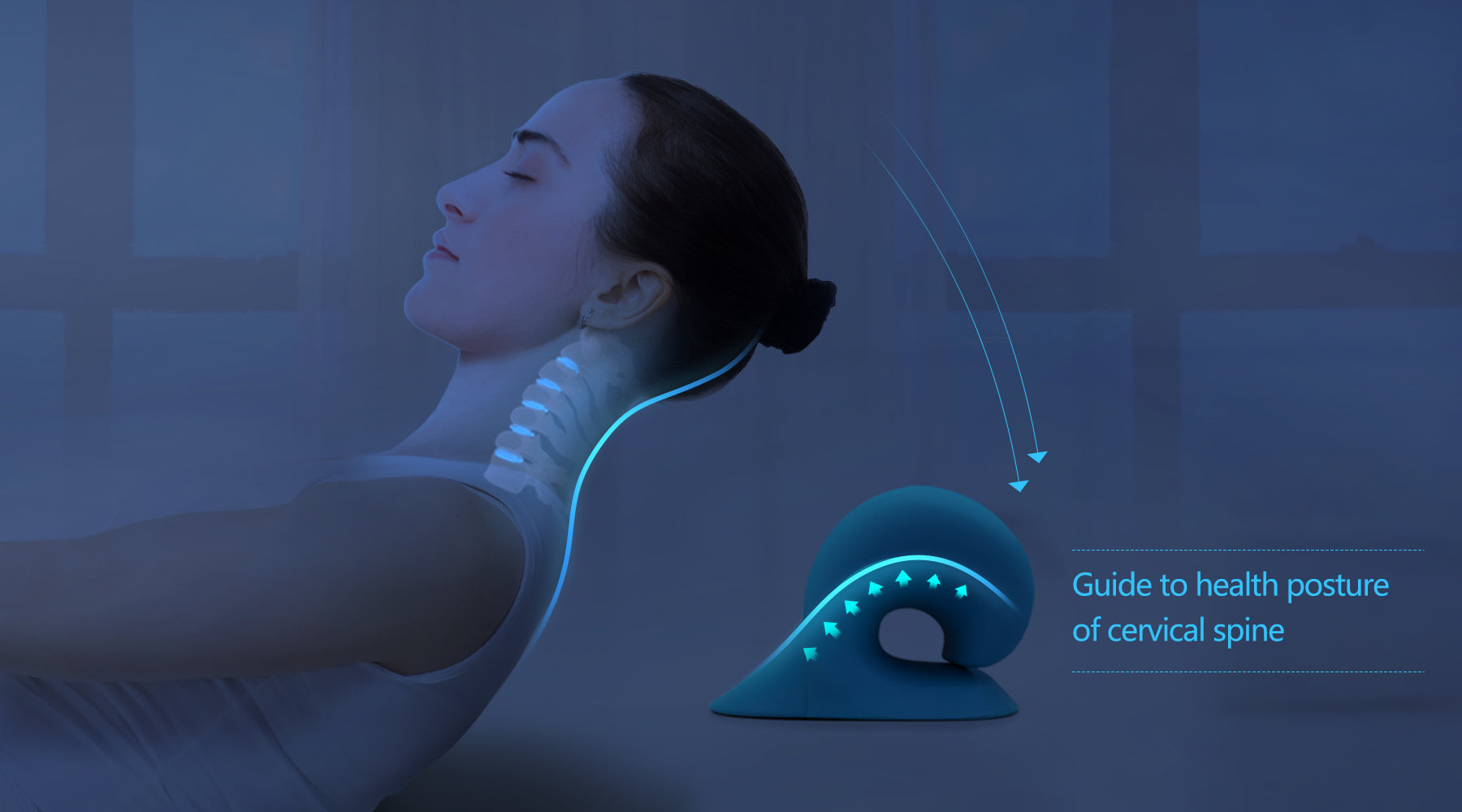The Influence of Stress on Neck Discomfort: Methods for Lowering Tension and Discomfort
In today's hectic globe, it's clear that stress and anxiety has actually become a prevalent variable in the start and exacerbation of neck discomfort. The complex partnership in between anxiety and muscular tissue tension usually leaves individuals looking for relief from the pain that takes place. By checking out targeted approaches aimed at lowering stress and promoting relaxation, one can begin to address the source of neck discomfort and work in the direction of an extra balanced state of well-being. Join us on a journey to untangle the effect of stress on neck discomfort and discover efficient means to reduce discomfort and enhance general quality of life.
Understanding Stress-Related Neck Pain
Neck pain is an usual issue that can typically be credited to tension. Stress-related neck discomfort can show up as tension, rigidity, or pain in the neck and shoulder area. The connection between tension and neck pain hinges on the body's physiological feedback to tension, which can lead to muscle stress and rigidity in the neck muscle mass. Chronic stress can result in relentless neck discomfort and intensify status quo like cervical spondylosis or muscular tissue stress.

Identifying Common Tension Areas
One usual stress location is the neck, where anxiety typically materializes physically. Tension frustrations, tight neck muscular tissues, and limited variety of movement are common signs and symptoms of stress-related neck stress. Being mindful of these usual tension areas can help individuals acknowledge the physical signs of stress and take steps to address them before they rise into chronic pain or pain.
Applying Relaxation Techniques
To properly take care of stress-related tension in the body, carrying out leisure methods is crucial. Relaxation techniques are valuable tools for minimizing neck pain brought on by stress and anxiety. Deep breathing workouts can assist relax the mind and kick back stressful muscular tissues in the neck and shoulders (neck cloud). Exercising mindfulness reflection can additionally be beneficial in easing tension and advertising leisure. Progressive muscular tissue relaxation, where you methodically tense and after that loosen up various muscular tissue groups, can launch built-up tension in the neck area. Furthermore, tasks like yoga web link and tai why not check here chi incorporate both physical activity and relaxation, making them efficient methods for decreasing stress and anxiety and neck discomfort. Taking regular breaks throughout the day to stretch and take a break can prevent muscular tissue tightness and stress from gathering. By incorporating these relaxation methods right into your everyday regimen, you can assist handle tension degrees, decrease tension in the neck, and reduce pain connected with stress-induced neck discomfort.
Integrating Self-Care Practices
Including self-care practices is important for keeping overall wellness and handling stress-related neck discomfort successfully. Involving in routine exercise, such as mild extending exercises or yoga, can assist minimize stress in the neck and shoulders. Practicing good position throughout the day and taking constant breaks from long term sitting or display time can also stop pressure on the neck muscles.
Moreover, focusing on appropriate rest and establishing a regular rest routine can contribute significantly to decreasing stress and anxiety degrees and promoting relaxation. Developing a calming bedtime routine, such as checking out a publication or taking a cozy bath, can help prepare the mind and body for relaxed rest. Furthermore, preserving a balanced diet rich in nutrients and remaining moistened can support total wellness and decrease inflammation that might exacerbate neck pain.
Incorporating mindfulness methods, such as deep breathing workouts or reflection, can help take care of stress and advertise leisure. Taking time navigate here for oneself, participating in leisure activities, and establishing boundaries to protect personal time are also crucial aspects of self-care that can add to minimizing stress and alleviating neck discomfort.
Seeking Professional Assistance
Exactly how can people successfully address relentless neck pain that is impacting their daily life and well-being? Looking for professional help can be a crucial step in managing and alleviating neck pain.
Chiropractic specialists concentrate on spine control techniques to enhance placement and decrease stress in the neck area. Physiotherapists use targeted stretches and exercises to reinforce muscular tissues, enhance versatility, and improve total neck feature. Orthopedic specialists can supply sophisticated clinical interventions such as shots or surgical alternatives for severe situations of neck discomfort.
Verdict

Stress-related neck pain can show up as tension, rigidity, or discomfort in the neck and shoulder area. The link between tension and neck discomfort lies in the body's physical feedback to stress and anxiety, which can result in muscular tissue stress and tightness in the neck muscles. Stress headaches, tight neck muscle mass, and limited variety of movement are common symptoms of stress-related neck stress. By including these leisure techniques into your day-to-day regimen, you can assist manage stress degrees, lower stress in the neck, and ease discomfort associated with stress-induced neck pain.

 Shaun Weiss Then & Now!
Shaun Weiss Then & Now! Kenan Thompson Then & Now!
Kenan Thompson Then & Now! Danica McKellar Then & Now!
Danica McKellar Then & Now! David Faustino Then & Now!
David Faustino Then & Now! Traci Lords Then & Now!
Traci Lords Then & Now!